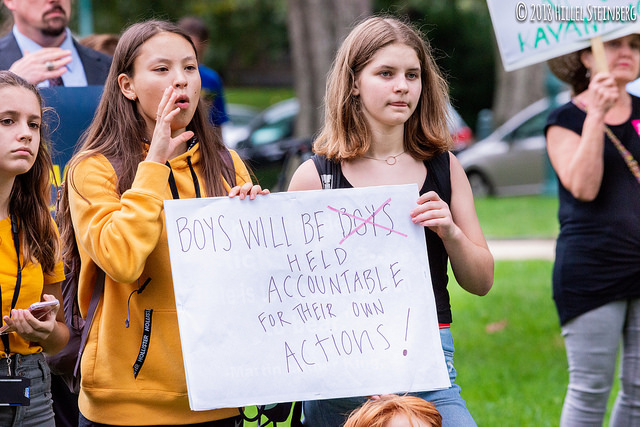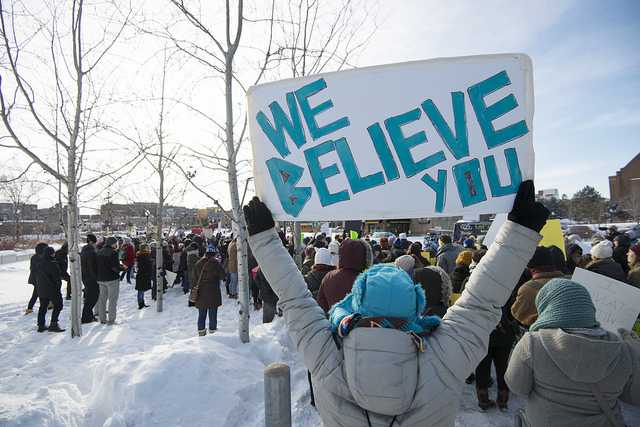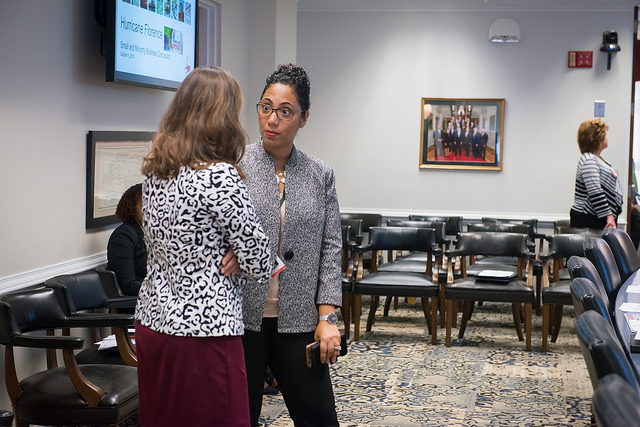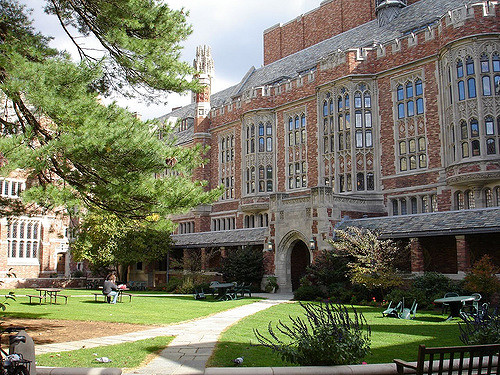- Scott Schieman (Professor of Sociology at the University of Toronto) wrote an article for The Conversation on how accurately the ‘unhappy worker’ narrative reflects American workplace satisfaction. Schieman identified “perception glitches” (the difference between how people felt about their own job and how people believe most American workers feel about their jobs) in job satisfaction, stress, compensation, management-employee relationships, and putting in ‘above-and-beyond’ effort. Schieman’s research suggests an “everything is terrible, but I’m fine” mindset, both “ch
- Boris Kagarlitsky (prominent Russian sociologist and editor in chief of the Marxist online publication Rabkor) was recently sentenced to five years in prison for criticizing the war in Ukraine. Natalia Zviagina, Amnesty International’s director for Russia, characterized the sentence as an “abuse of vague anti-terrorism legislation,” commenting that “by targeting Boris Kagarlitsky, a distinguished sociologist known for his critical stance against government policies, the Russian authorities are showing, once again, their relentless assault on all forms of dissent.” This story was covered by The Washington Post.
- Christina Ciocca Eller (Assistant Professor of Sociology and Social Studies at Harvard) recently published a study modeling a new potential rating system for U.S. higher education institutions. “Essentially, the [current] rankings don’t account for anything that happens after students walk through the college gates,” Eller argues. Eller’s proposed system focuses instead on the equalizing effect of colleges (how much schools are “leveling the playing field” across students). This story was covered by The Harvard Gazette.
- Tina Fetner (Professor of Sociology at McMaster University) recently released a new book, Sex in Canada: The Who, Why, When, and How of Getting Down Up North. As the first national survey of sexual behavior of the general population of Canada, Fetner’s work fills a gap in national research. “If we move away from the taboos and shame, we can see that our sexual behaviour is much like any other social behaviour,” Fetner commented. “It is shaped by social norms, regulated by social institutions, and influenced by our cultures.” This story was covered by Brighter World and Vancourver is Awesome.













